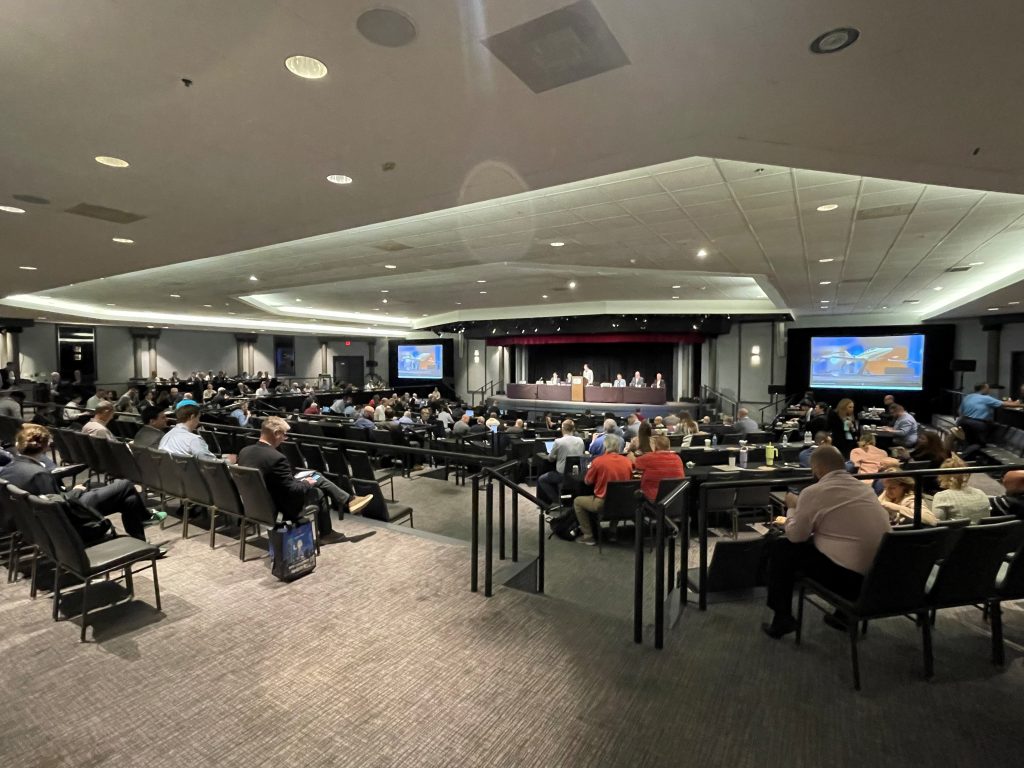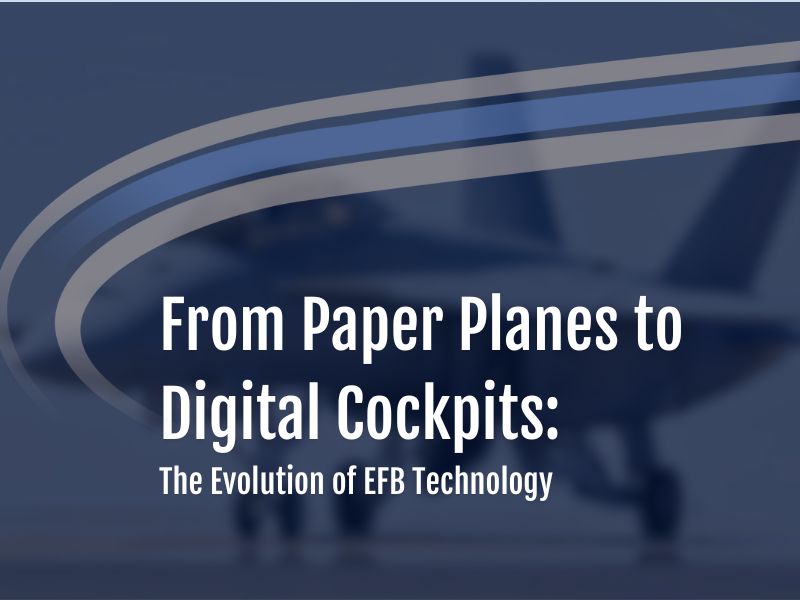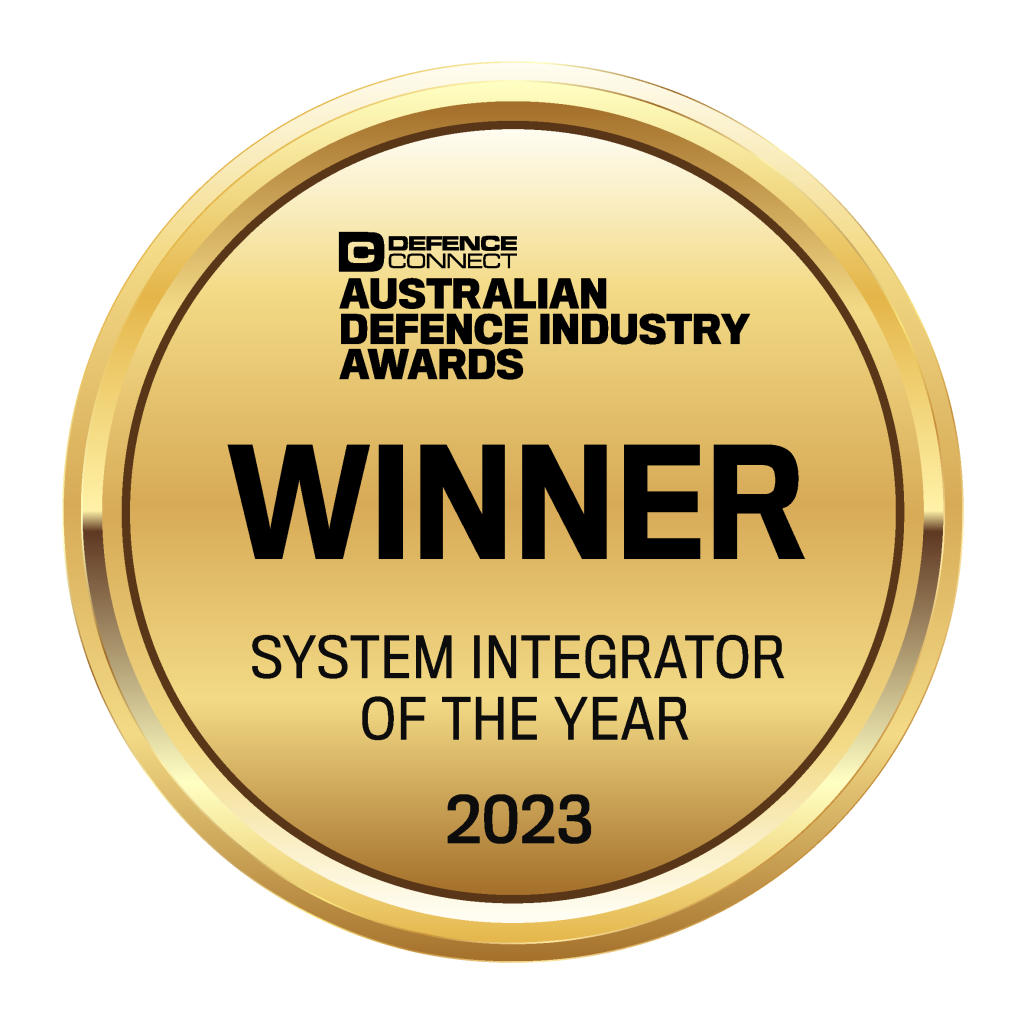In early June 2024 our Head of Mission Systems, Ash Kissock, attended the 25th Electronic Flight Bag (EFB) Users Forum in Dallas, Texas. The EFB Users Forum is a joint activity with the Airlines Electronic Engineering Committee (AEEC) and International Air Transport Association (IATA) held biannually that provides a unified forum for airlines, system integrators, hardware and software providers, regulators, and other interested parties to present and discuss topics of interest to the EFB user community.
Only a decade ago the use of EFB devices on the flight deck was an emerging technology. The early intent for EFB was to replace the large volume of paper products required for the conduct of flight with a means of digital access reducing paper, weight, fuel usage and increasing crew efficiency. In only a short period of time EFB devices have proven to operate beyond this “paper-on-glass” concept, transforming into an integrated flight planning and execution tool and garnering use in all sectors from airline flight decks to general aviation cockpits, military aircraft and everything in-between. So successful is the EFB, similar devices are now being employed for engineering, dispatch and other ground-based roles enabling the realisation of efficiencies across the integrated aviation operation.
The progression and future development of EFB was one of the main themes for this User Forum. The forum examined industry wide progression to the connected flight deck. Vendors and operators discussed how to manage the unique issues surrounding EFB being an uncertified device that advances far more rapidly than the certified avionics it is being used alongside. The incorporation of emerging technologies such as Artificial Intelligence and Machine Learning was also considered as part of the expected transformation of EFB to an integrated flight management tool.
The forum examined the management of the large volume of data required for flight operations and that is available to today’s EFBs. This includes data from Aircraft Integration Devices (AIDs) providing aircraft parameters such as position, airspeed and altitude information and access to operational data for management of pre-flight, in-flight and post-flight phases.

Another focus of the User Forum was the rapid expansion and availability of different applications for EFB. The increasing number of applications and bespoke operating requirements is leading to flight crew inefficiencies having to access data across multiple applications during various phases of flight and “app fatigue” as more services and aspects of the aviation operation are being integrated into EFB systems. The forum examined future changes that are required to help alleviate these issues.
Vendors at the attached Expo presented some of the latest advancements that are enabled by a connected flight deck including applications to provide in-flight updates to realise fuel and time saving efficiencies and using iPad technology to detect, report and avoid turbulence. The latest advancements in Data Service Provider and Document Management system applications were also on show.
Our attendance at the EFB User Forum revealed that many issues regarding EFB are not unique to individual operators. Solving these issues requires industry wide collaboration to drive meaningful change, which is one of the opportunities afforded by the Forum. As technology development continues on a path of rapid progression, a unified approach to implementation will be required to ensure its success in the highly regulated aviation environment.

























